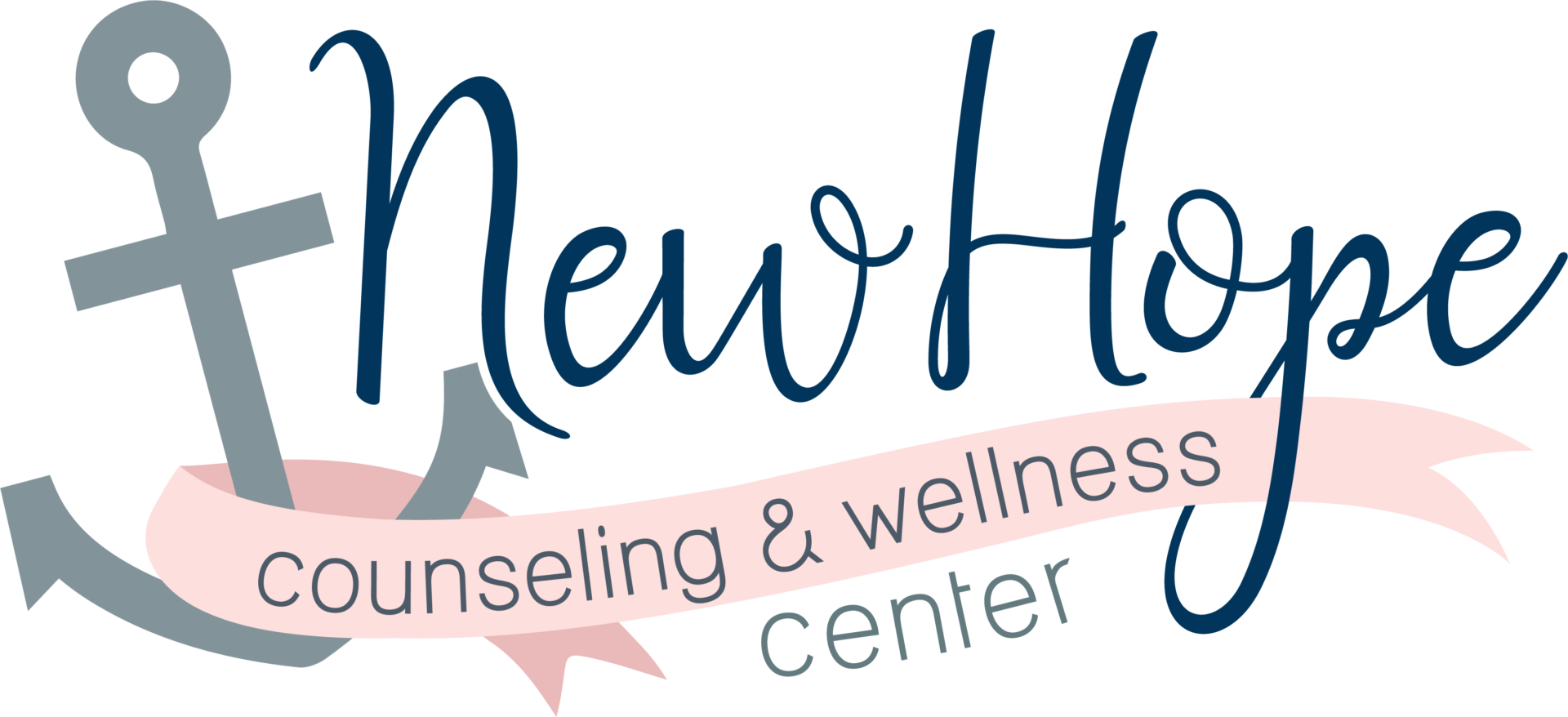
Family-Based Therapy & Counseling in Columbia, SC
New Hope Counseling and Wellness Center offers Family-Based Therapy in Richland County

Family-Based Therapy (also known as the Maudsley Method) is an approach shown to be effective for adolescents with anorexia and bulimia. FBT has a primary focus on feeding and full weight restoration rather than the cause of the eating disorder. The family takes control of feeding and meals with the guidance of the clinician. Each family member participates as an active part of treatment in restoring weight, establishing healthy eating, interrupting compensatory behaviors, and returning control of eating back to the adolescent. Once this has been accomplished, the focus is on all remaining issues.
We also provide support to caregivers in the form of family sessions and group support. Family-based therapy is also an opportunity to work on any conflict within the family with the support of a licensed therapist.
Our recovery coach is available to help navigate living with someone with an eating disorder. We understand how stressful this can be. Caregivers need support too. We offer groups for caregivers. We also offer support for caregivers needing a place to process their feelings.
Sign up to Get a Copy of the Plate by Plate Approach Guide

5 Ways to Support Someone With An Eating Disorder
Help your loved one get eating disorder treatment at our counseling center in Columbia, SC

1. Frame your concern in terms of their behavior
— not their appearance.
When someone we love has lost or gained a significant amount of weight, we tend to open our intervention with “You’re alarmingly thin” or “You’ve put on a lot of weight.”
However, this only reinforces a focus on appearance, and, in the case of weight loss, being “alarmingly thin” might actually be received positively.
So instead of focusing on weight, say something like, “I’ve noticed you haven’t been attending social events lately,” or “You seem distracted and don’t _____ anymore. What’s up? Is everything okay?”

2. Offer them resources.
Fortunately, there are numerous resources available, both online and offline. Because there’s a great deal of shame around having an eating disorder, online resources that allow a person to remain anonymous can sometimes be a good gateway into more effective interventions.
The act of researching a few options and sending them to your loved one in an email can be an act of caring in itself, even if they don’t actually check out any of them. Some of my favorites include the National Eating Disorders Association (NEDA), Eating Disorder Hope, and Recovery Warriors.

3. Acknowledge destructive behavior in a supportive way.
Often, we react to disordered eating behavior by either a) accusing or interrogating (i.e., “I know you just made yourself throw up!”), or b) turning a blind eye to behavior.
A more constructive reaction to destructive behavior is saying something like, “I know you’re dealing with stuff right now, as we all do at times. I know when I’m going through a tough time, it helps to know there’s someone nonjudgmental around to talk to. I just want you to know I’m here as a confidential sounding board when you’re ready to make a change.”

4. Recognize the severity of the illness.
Eating disorders have the highest mortality rate of any mental illness. Yep, higher than depression, schizophrenia, and so on.
The earlier the intervention, the higher the rate of recovery — so don’t wait for it to get worse before offering resources.

5. Tell them you love them.
If you keep reinforcing that you love them unconditionally, they’ll feel safe coming to you when they’re ready to seek help.
However, depending on your relationship to the person, you want to be mindful that you set boundaries around behaviors rather than enabling them. For example, if your partner has been struggling with an eating disorder and has replaced your evening meal together with the gym, it’s okay to say, “I miss you. I miss having dinner together after work. I know the eating disorder might be telling you the gym is more important than me, but I want you to know that’s just the eating disorder trying to come between us. It leaves me feeling neglected.”
Because eating disorders can be so manipulative and all-consuming, it can sometimes be helpful to remind your loved one how it’s affecting you — just be sure to do it in a very compassionate way that puts the blame on the disorder rather than the person.
Telling someone they’re “not fat” can just reinforce their belief that they need to be thin to be loved.

5 Things Not To Do When Supporting Someone With An Eating Disorder

1. Don’t take it personally.
Know that all these feelings are normal and okay to experience, but remember that eating disorders are complex illnesses that almost never come from a place of ill intent. They have a way of manipulating people into making the eating disorder the priority. It’s not about you.

2. Don’t assume you can heal them on your own.
Eating disorders can be one of the most challenging mental illnesses to treat — for a professional. So don’t assume that because you are close to the person you can heal them. You’ll end up overwhelmed, lost, and frustrated.
Plus, in assuming responsibility, you might be preventing your friend or loved one from getting professional help. Finally, many cases require a team of individuals, such as a therapist, nutritionist, and psychiatrist. It usually involves education, helping patients improve their relationship with themselves and others, and finding purpose. A treatment center is often your best resource for covering all these bases. National Eating Disorders Association (NEDA), Eating Disorder Hope, and Recovery Warriors.

3. Don’t tell them they’re “not fat.”.
Instead, try something like, “I love when you’re present with me and the eating disorder isn’t coming between us. I love when we can share a meal together or sleep in on a Sunday morning.”

4. Don’t shame or monitor them.
And because an eating disorder is often a way of dealing with difficult feelings (shame being a very common one), shaming a person is just likely to reinforce the illness. Similarly, “watching” someone during or following meals breeds distrust, judgment, resentment, and control in your relationship — all things that might inhibit recovery.

5. Don’t forget about yourself.
Consider seeing a therapist, or joining a support group for people with a family member with mental illness. If putting yourself first is hard for you to do, think of it this way: you will be a better support to your loved one if your own mental health is in balance.
At New Hope Counseling & Wellness Center we serve Richland County and Lexington County with Eating Disorder and Nutritionist Counseling Services including...
Eating Disorder Treatment
Eating Disorder Counseling
Binge Eating Disorder Treatment
Anorexia Nervosa Treatment
Bulimia Nervosa Treatment
Family Based Therapy
Online & Virtual Eating Disorder Therapy
Other Specified Feeding and Eating Disorder (OSFED)

New Hope Counseling & Wellness Center in Columbia, SC and Atlanta, GA
Offering Counseling and Therapy for Nutrition, Eating Disorders, Trauma, and PTSD to the Richland County and Lexington County Areas.
The guiding principle of New Hope Counseling and Wellness Center, LLC is to empower and provide individuals and families with the skills they need to be nourished, healed, and restored in order to pursue a life filled with joy and hope. We offer faith-based services for those wishing to include their spirituality as a component in their sessions. While we offer faith-based counseling as one method to achieve this mission, we strive to provide a safe, compassionate, and professional environment for everyone. We do not discriminate, shame or judge and strive to provide quality care to all regardless of religion, gender, sexual orientation, race, ethnicity, national origin, age, weight, physical or mental ability, and marital status.
